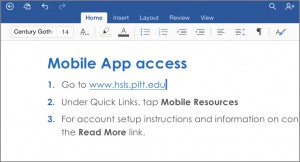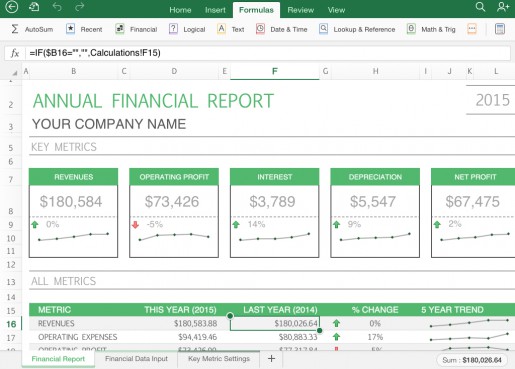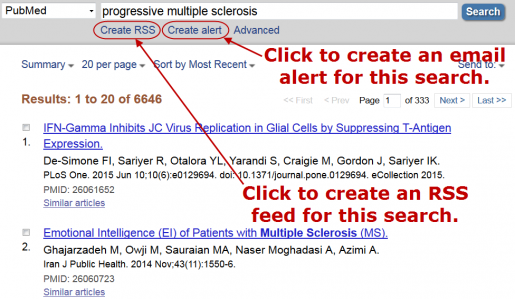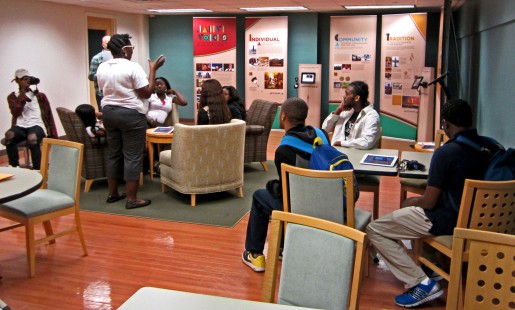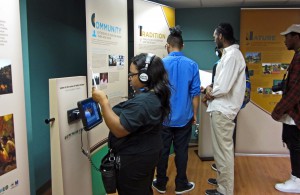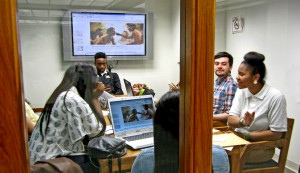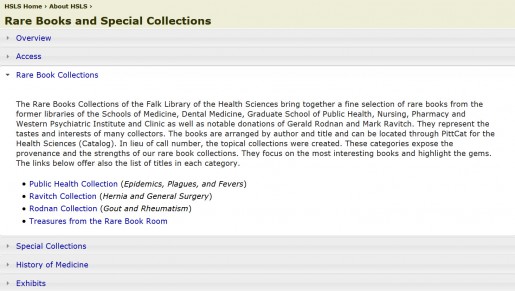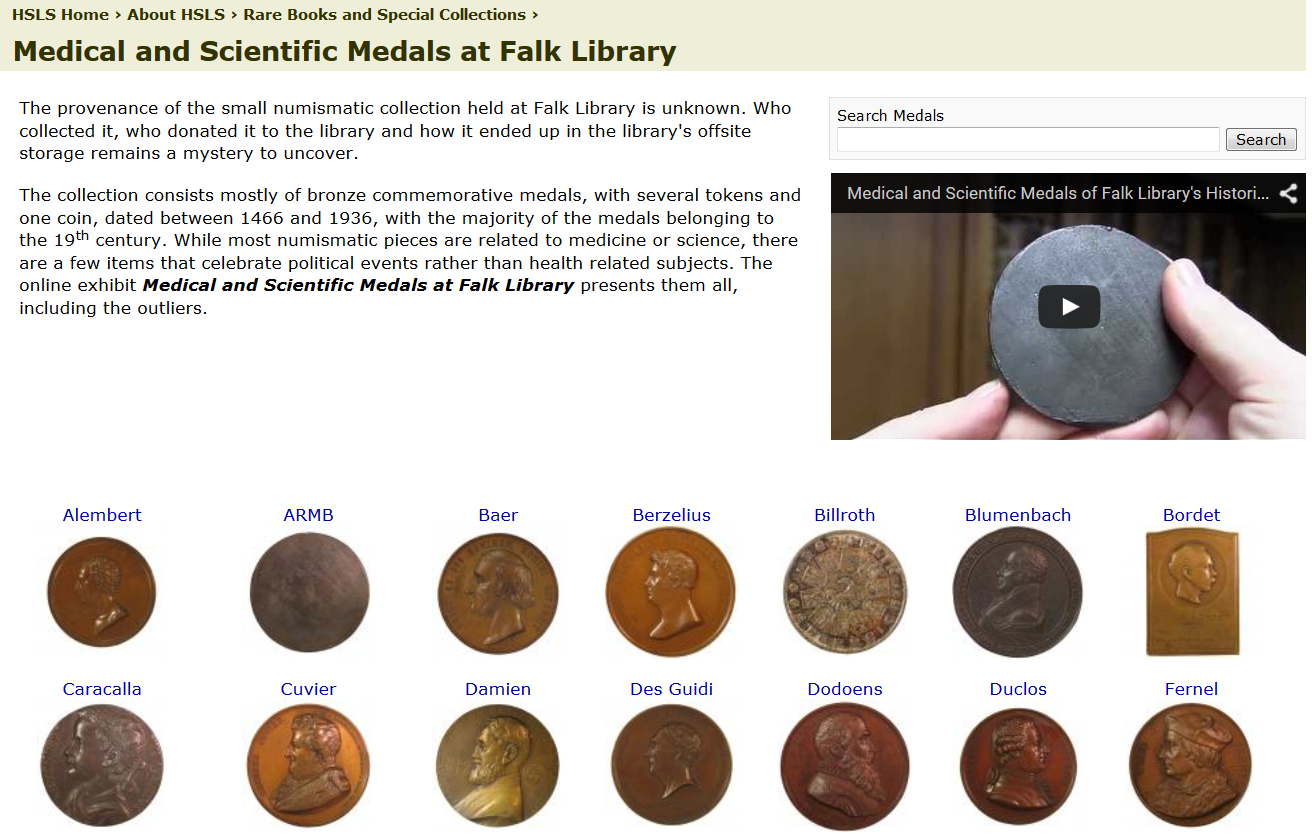 Data management plans (DMPs) are now a standard part of grant proposals for most funding agencies. A DMP should describe what you will do with your data during your research and once your project is completed. The plan may include details of the types of data you will collect, how you will preserve it, and how you will share the data with others.
Data management plans (DMPs) are now a standard part of grant proposals for most funding agencies. A DMP should describe what you will do with your data during your research and once your project is completed. The plan may include details of the types of data you will collect, how you will preserve it, and how you will share the data with others.
To help researchers easily create and share DMPs, the University of Pittsburgh has become a partner institution of the DMPTool. The DMPTool offers ready-to-use templates to guide researchers through the process of generating a comprehensive plan tailored to the specific requirements of agencies, such as the National Institutes of Health, National Science Foundation, and Department of Energy. Links to general and institutional resources are available throughout the templates, offering researchers additional support.
By logging into the DMPTool with a University of Pittsburgh Computing Account username and password, researchers are able to create customized DMPs, add co-owners and editors to plans, and share created DMPs with those only from the University of Pittsburgh, or publicly. There are a number of publicly shared DMPs available within the tool which can be reviewed, copied, and/or edited. Upon completion, DMPs can be exported for inclusion in a funding proposal.
For more information on the DMPTool, see the promotional video, The DMPTool: A Brief Overview, or contact a member of the HSLS Data Management Group.
~Melissa Ratajeski

